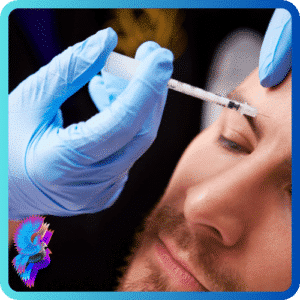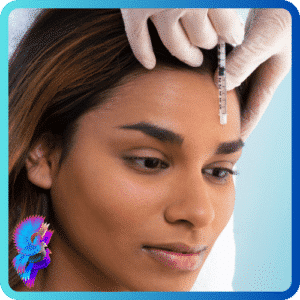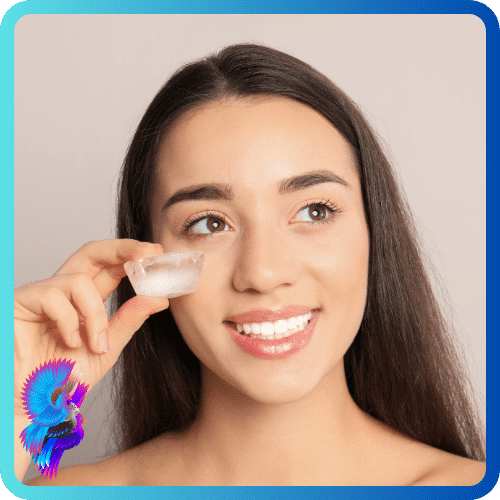Advertisements
Examining the Potential of Botox Treatment by Investigating the Association Between Corrugator Muscles and Depression
Have you ever contemplated the underlying reasons behind individuals’ tendency to exhibit a facial expression characterized by a downward curvature of the mouth and furrowing of the brow when experiencing emotions such as sadness or anger?
What is the relationship between smiling and experiencing increased happiness?
The solution can be found in the correlation between one’s facial muscles and their emotional state.
This study aims to examine the potential of Botox injections to alleviate depression through the relaxation of the corrugator muscles, which are known to contribute to the formation of frown lines.

The corrugator muscles refer to a set of facial muscles located in the forehead region.
The corrugator muscles, which are situated at the medial aspect of the eyebrows, constitute a bilateral pair of diminutive muscles.
The structures in question are anatomically connected to the integumentary system, and the cranial bones are located superior to the orbital cavity.
The primary role of these muscles is to contract, resulting in the convergence and downward movement of the eyebrows and generating vertical furrows in the intervening space.
The aforementioned expression is a typical facial gesture that includes a downward curving of the eyebrows and lips and is typically indicative of negative affective states like grief, anger, fear, or pain.
What is the impact of the corrugator muscles on an individual’s mood?
Based on the theoretical framework of emotional proprioception, it is posited that the facial muscles provide feedback signals to the brain, providing information regarding an individual’s emotional state.
The contraction of the corrugator muscles serves as a communicative signal to the brain, indicating the experience of negative emotions or distress.
This phenomenon has the potential to initiate a series of neurochemical alterations that might impact one’s emotional state, including the elevation of cortisol levels (the hormone associated with stress) and the reduction of serotonin levels (the neurotransmitter linked to feelings of happiness).
In contrast, the act of relaxing the corrugator muscles communicates to the brain a state of tranquility or satisfaction.
This phenomenon has the potential to exert a beneficial influence on an individual’s emotional state through the reduction of cortisol levels and the augmentation of serotonin levels.
This phenomenon elucidates the potential of smiling to induce positive emotions, irrespective of one’s true state of happiness.
In what ways might Botox be beneficial in the treatment of depression?
Botox, a neurotoxin, functions by inhibiting the transmission of nerve signals responsible for inducing muscular spasms.
By administering Botox into the corrugator muscles, the occurrence of frowning is inhibited, disrupting the reciprocal relationship between one’s facial expression and emotional state.
Botox has the ability to diminish the visibility of glabellar lines, commonly known as the vertical creases located between the eyebrows, by inducing relaxation in the corrugator muscles. This aesthetic effect can contribute to a more youthful and appealing appearance.
Numerous clinical investigations have demonstrated that the administration of Botox injections targeting the corrugator muscles yields substantial improvements in depressive symptoms among patients who exhibit resistance to standard antidepressant treatments.
The duration of Botox’s effects can vary over a span of many months, contingent upon factors such as the administered dosage and the unique physiological response of the individual.
The therapeutic intervention is typically regarded as safe and has a high level of tolerability, with a low occurrence of adverse effects such as bruising, swelling, or headaches.
Advertisements




































